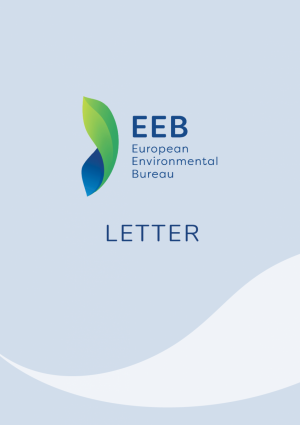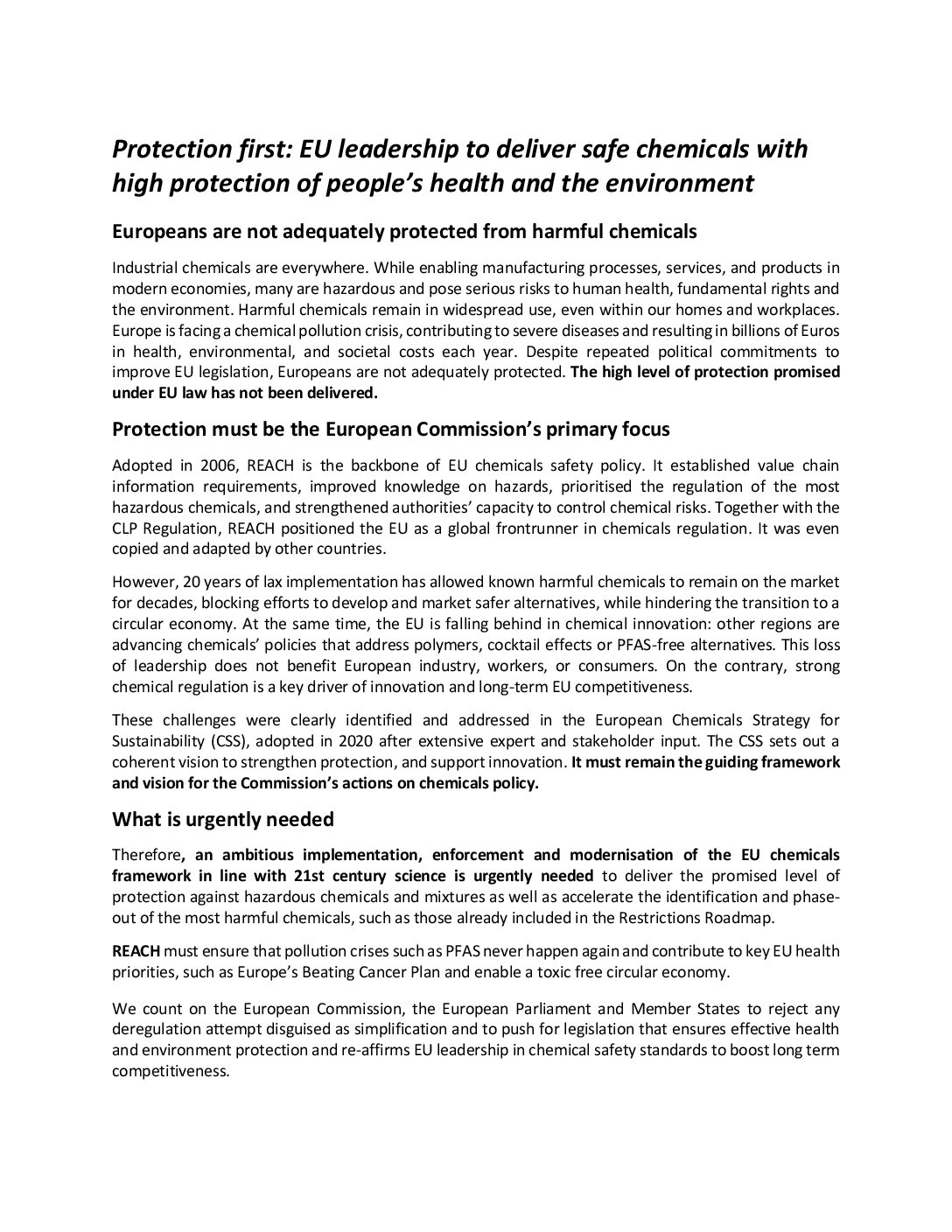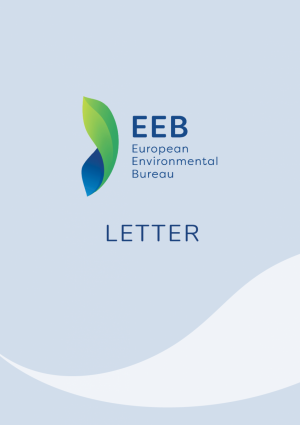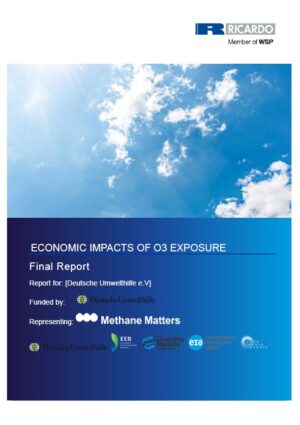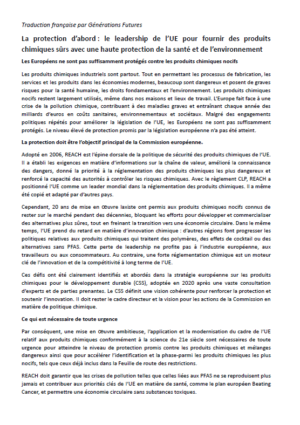
Joint Position Climate Bank Roadmap 2.0
19 CSOs and Labour Unions call to the EIB to put a Just Transition at the Heart of the Climate Bank Roadmap 2.0.
The European Investment Bank (EIB) is preparing its next Climate Bank Roadmap (2026–2030). 19 Civil society organisations and labour unions call on the bank to make a just transition as its number one priority.
Key Concerns & Recommendations
Support for industries still goes to big polluters. The EIB must adopt strong environmental and social conditions.
- Fossil fuel exemptions: Despite existing climate criteria, billions in EIB loans still go to companies and banks expanding investment in fossil fuels. This undermines credibility and prolongs the fossil economy.
Recommendation: End all exemptions for fossil fuel investments and ensure counterparties have binding Paris-aligned transition plans, with suspension clauses if targets are missed.
- De-risking industry without safeguards: loans and guarantees under REPowerEU and the Clean Industrial Deal risk subsidising polluting models without strong conditions or ensuring reinvestment in clean, proven solutions with public benefits
Recommendation: Ensure that public guarantees and loans should go to companies that implement transition plans and reinvest their own resources into business models that fully decarbonise, focus on proven sustainable and affordable solutions and high quality jobs.
Recommendation: Further strengthen the PATH framework to also include broader environmental and social conditionalities for counterparties including both corporates and financial intermediaries to reduce resource use and ensure public interest.
Prioritise a just transition by investing in public services
- The EIB currently fails to recognise the key role of the public sector, the main recipient of EIB’s climate finance, to deliver strong climate action for a just transition. Outside the EU, the EIB is too focused on EU economic interests and there are risks of negative human rights impacts and environmental destruction.
Recommendation: Make a plan to support public actors, especially local governments, to provide essential green public services such as sustainable and affordable housing, energy and transport.
Recommendation: Provide climate finance outside the EU in the form of increased concessional loans for projects with high development additionality that tackle energy poverty, transfer technology and prioritise high added value in the local economy, job creation and support for local communities, while strengthening human rights and environmental due diligence.
Improve climate methodology
- Transparency gaps in CA&ES spending: Data on how climate action and environmental sustainability (CA&ES) funds are allocated remains limited with disclosure failures when it comes to the environmental and social appraisal of direct lending.
Recommendation: Enhance transparency by disaggregating all spending and discloses financing volumes by project type in line with its own sectoral methodology for climate action and environmental sustainability.
The upcoming Roadmap must be a true Climate Bank Roadmap 2.0 – one that ends fossil fuel lock-ins, puts social justice at the core, and redirects public finance to real, inclusive climate solutions.

